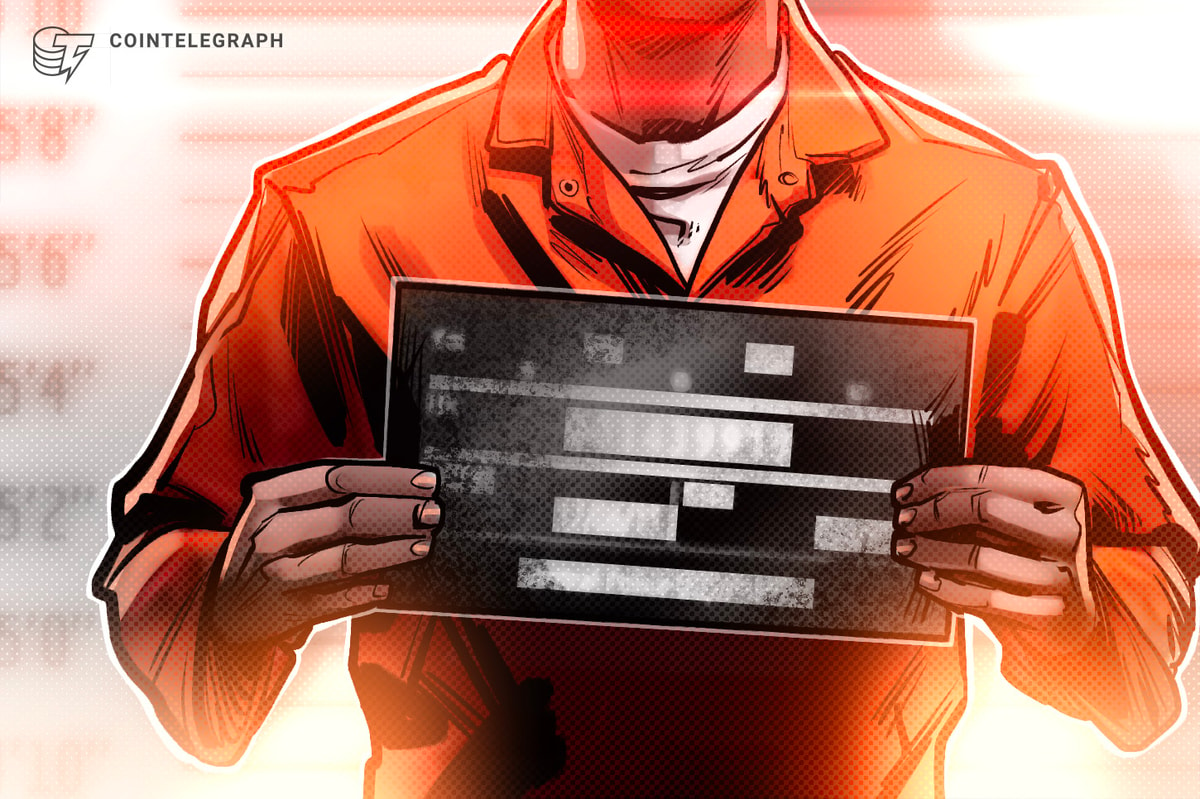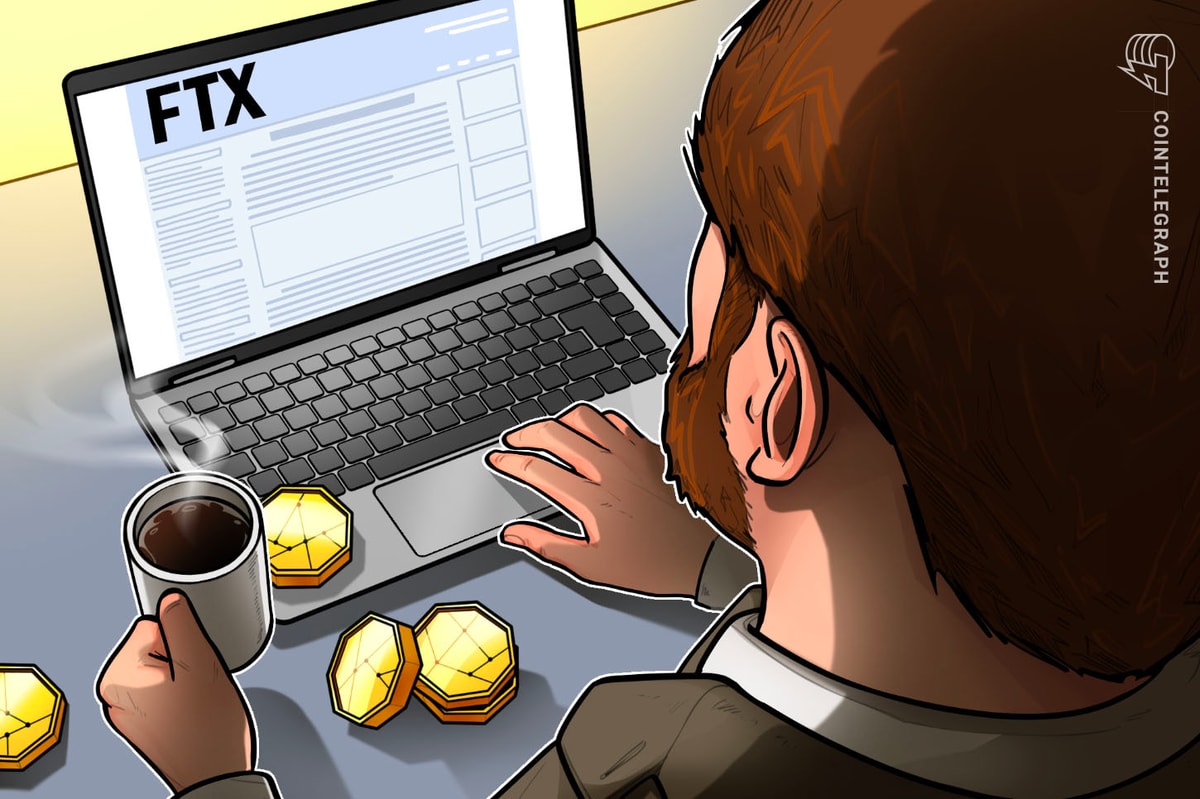United States Federal Reserve Board Vice Chair Lael Brainard has been chosen to be the director of the National Economic Council, making her President Joe Biden’s top economic adviser, according to media reports. In her new position, Brainard will oversee the implementation of the Biden administration’s multibillion-dollar economic agenda, which includes the Bipartisan Infrastructure Law and the CHIPS and Science Act.
Brainard will replace Brian Deese, who is expected to leave the position before the end of the month. Her appointment comes as the Biden administration is facing challenging economic conditions, with a looming debt limit and the Fed struggling to rein in inflation. Brainard was considered an inflation “dove” at the Fed, advocating for moderation as the Fed raised interest rates.
Biden’s picking Fed Vice Chair Lael Brainard as his next National Economic Council director, per @KateDavidson, @JenniferJJacobs and me. And Jared Bernstein is poised to take the helm of the CEA. Announcement(s) as soon as Tuesday. https://t.co/u4O7FCcwxW
— Josh Wingrove (@josh_wingrove) February 14, 2023
Brainard joined the Fed in 2014 and was confirmed in the second spot on the board in April after weeks of partisan delay tactics. Her term on the Fed would have run until 2026. Brainard was reportedly considered for the Fed chairmanship and as treasury secretary as well.
Related: Fed Vice Chair Brainard urges faster crypto regulation, touts role for stablecoin
Brainard has supported research on a U.S. central bank digital currency (CBDC) and stablecoin regulation. She said in a prepared statement ahead of a House of Representatives Financial Services Committee hearing on CBDC in May:
“In some future circumstances, CBDC could coexist with and be complementary to stablecoins and commercial bank money by providing a safe central bank liability in the digital financial ecosystem.”
Her testimony at that hearing impressed Republican lawmakers to the extent that 24 Republican members of the committee subsequently questioned her about whether the Fed is seeking to “curtail the use of digital assets and other private sector innovative payment methods” through the introduction of a CBDC.











